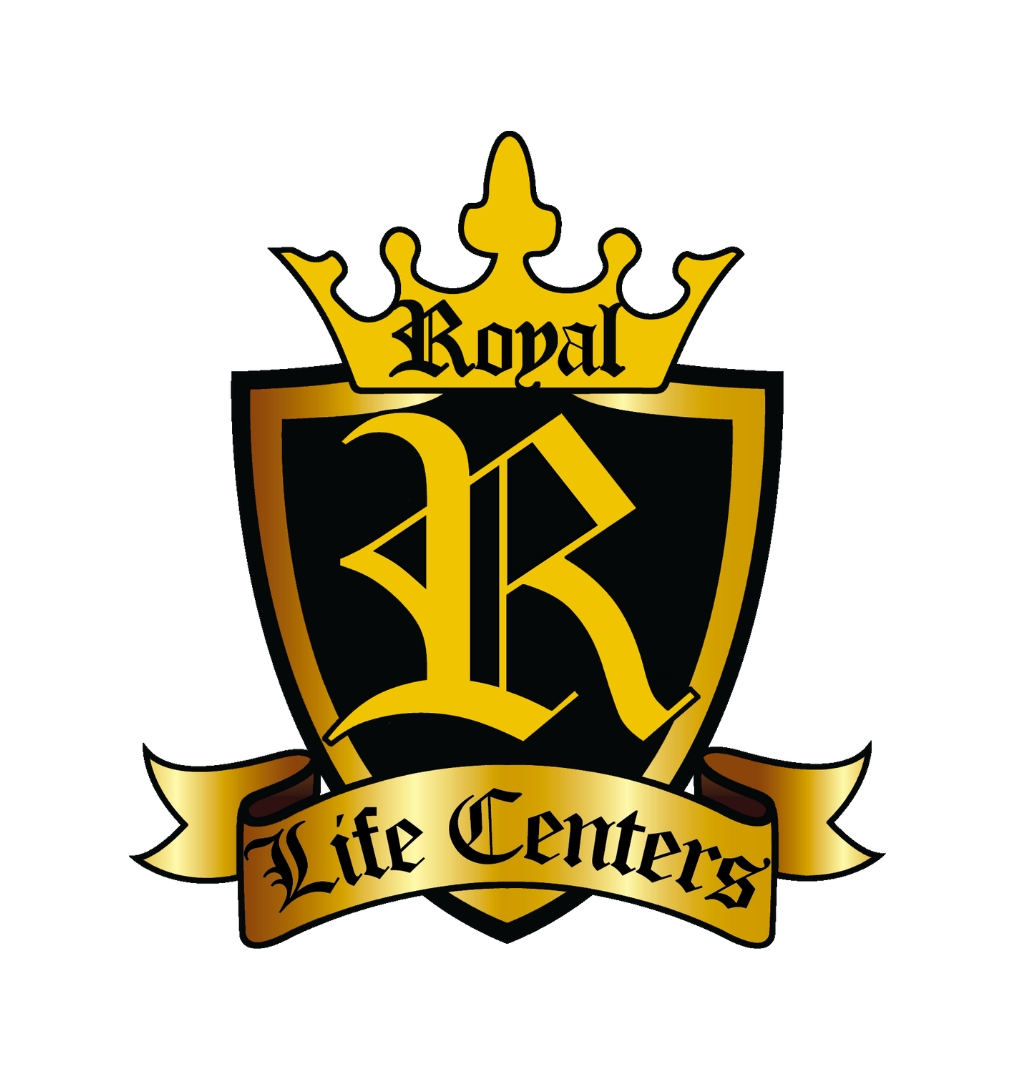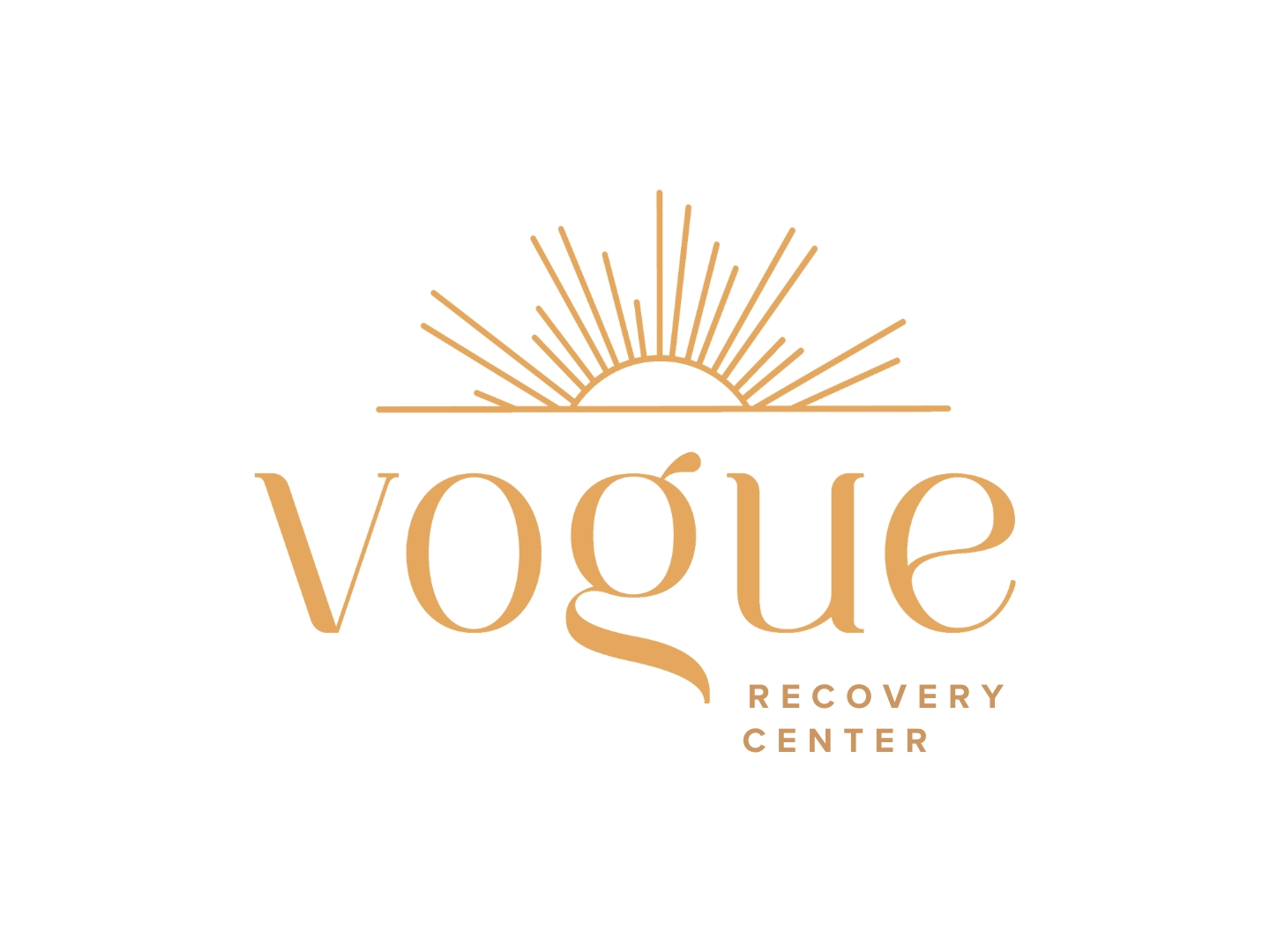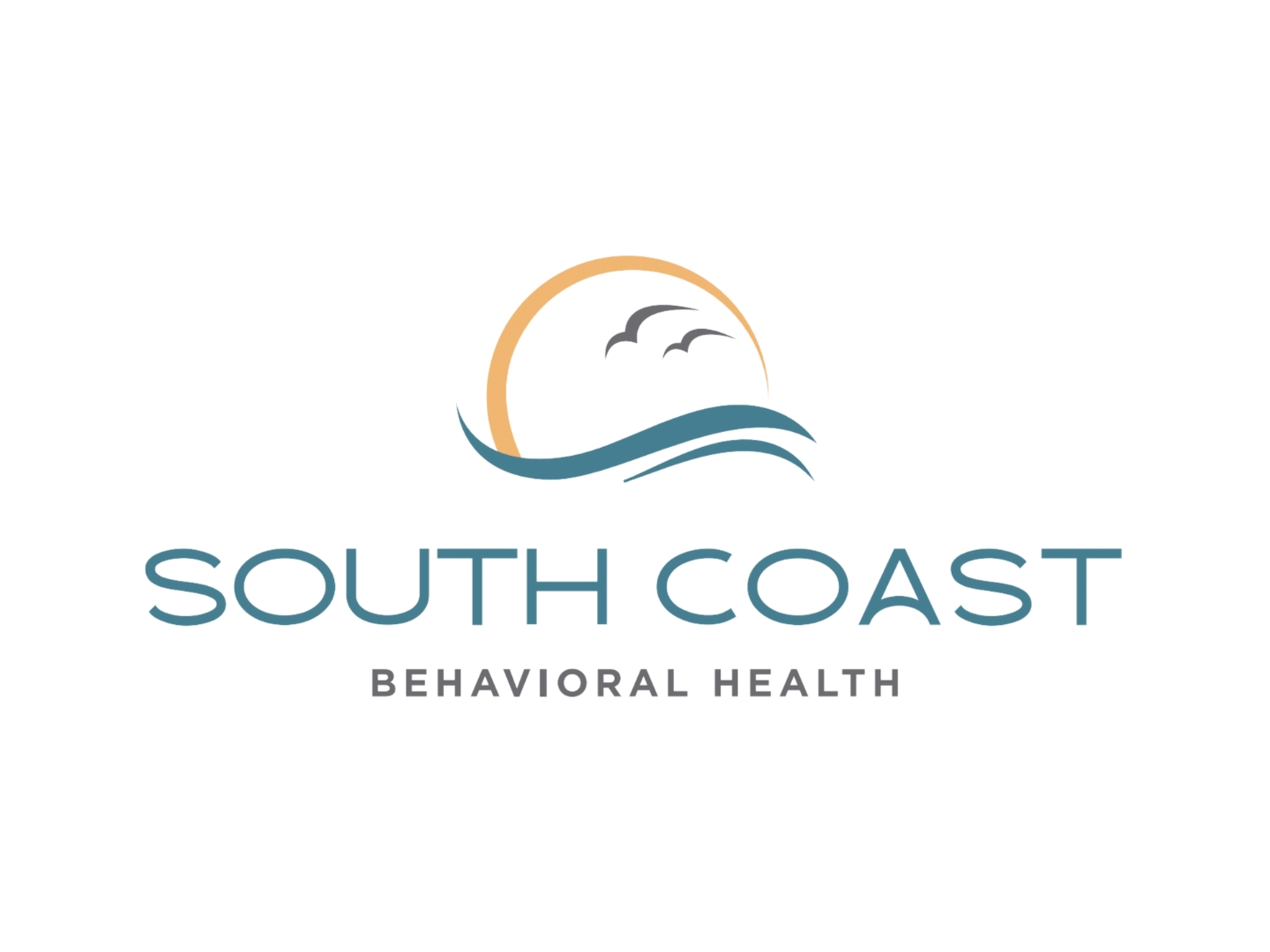Substance-induced psychosis is a mental health condition that can occur when an individual experiences psychotic symptoms, such as hallucinations, delusions, and disorganized thinking, as a result of using or withdrawing from certain substances. This type of psychosis is distinct from other forms of psychotic disorders, such as schizophrenia, and requires specialized treatment and management.
Substance-induced psychosis can be caused by the use of a wide range of substances, including illegal drugs, prescription medications, and even some over-the-counter medications. The specific symptoms and severity of the psychosis can vary depending on the type of substance, the amount consumed, and the individual’s unique physiology and mental health history. Understanding the causes, symptoms, and treatment options for a substance-induced psychotic disorder is crucial for providing effective care and support to those affected.
Substance-induced psychosis is a temporary, drug-related mental health condition that involves the development of psychotic symptoms, such as hallucinations, delusions, and disorganized thinking. This type of psychosis is directly caused by the use or withdrawal of certain substances, including illegal drugs, prescription medications, and even some over-the-counter drugs.
The specific symptoms of a substance-induced psychotic disorder can vary depending on the type of substance involved, the amount consumed, and the individual’s unique physiology and mental health history. Common symptoms may include visual or auditory hallucinations, paranoid delusions, disorganized speech and behavior, and impaired cognitive functioning.
Psychosis caused by substance abuse is treatable. It started with treatment for substance use disorder at a professional recovery center like Aliya Health Group.
No one should have to wait to heal, which is why our specialists are available 24/7 to help guide you through the admissions process every step of the way.
Psychosis refers to a mental state where an individual experiences a detachment from reality. This can involve hallucinations, where the person sees, hears, or senses things that are not actually present, as well as delusions, which are fixed, false beliefs that are not based on reality. Psychosis can significantly impair a person’s ability to think clearly, communicate effectively, and function in daily life.
Individuals who misuse or abuse alcohol, drugs, or certain medications are at an increased risk of developing substance-induced psychosis. This can include people with substance use disorders, as well as those who engage in binge drinking or recreational drug use. Additionally, those with a personal or family history of mental health conditions, such as schizophrenia or bipolar disorder, may be more susceptible to experiencing psychotic episodes triggered by substance use. Factors like genetics, brain chemistry, and environmental stressors can also contribute to an individual’s vulnerability.
Drug and alcohol psychosis can be triggered by the use of a wide range of substances, including:
The specific mechanisms by which these substances can induce psychotic symptoms are not fully understood. Still, they are believed to involve disruptions in the brain’s neurotransmitter systems, particularly those involving dopamine and serotonin.
In addition to the direct effects of the substance, factors such as the individual’s mental health history, the duration and pattern of substance use, and the presence of other medical conditions can all contribute to the development and severity of the psychosis.
If you or a loved one is struggling with their mental health, our admissions team is available 24/7. Our compassionate and understanding team can help answer your mental health treatment questions and get you started on the path to recovery.
Deciding to seek depression treatment can be intimidating. We are here to make this process as easy as possible. Reach out to us today to learn more about how our treatment centers can help!
Substance-induced psychosis can manifest in a variety of ways, often depending on the type and amount of substance used. Common signs and symptoms include:
These symptoms can be severe and debilitating, significantly impacting an individual’s daily life and relationships. It is crucial for individuals experiencing these symptoms to seek professional help to manage their condition and prevent further complications.
Here are the most common physical, emotional, and behavioral signs and symptoms of substance-induced psychosis:
In addition to the psychological symptoms of hallucinations and delusions, substance-induced psychosis can also manifest in various physical ways:
These physical symptoms can be distressing and may require medical attention to manage and prevent further complications.
In addition to the detachment from reality, psychosis from substances can also trigger intense and often overwhelming emotional experiences:
These emotional symptoms can significantly impact an individual’s quality of life and interpersonal relationships, highlighting the importance of seeking professional help for effective management.
The psychotic symptoms associated with substance use can also manifest in various behavioral changes:
These behavioral changes can be disruptive and potentially dangerous, making it crucial for individuals experiencing psychosis to receive prompt and appropriate treatment to manage their symptoms and prevent further complications.
Diagnosing drug or alcohol-induced psychosis typically involves a comprehensive evaluation by a mental health professional, such as a psychiatrist or psychologist. This assessment includes a thorough review of the individual’s medical and psychiatric history, an examination of current symptoms, and potentially additional tests or assessments.
The key criteria for a diagnosis of substance-induced psychosis include:
Ruling out other potential causes, such as an underlying mental illness or a medical condition, is also an important part of the diagnostic process. A careful evaluation helps ensure an accurate diagnosis and appropriate treatment plan.
The DSM-5 criteria for substance-induced psychosis are outlined as follows:
Criterion A: Presence of delusions or hallucinations.
Criterion B: Evidence from the history, physical examination, or laboratory findings of both:
Criterion C: The disturbance is not better explained by a psychotic disorder that is not substance-induced.
Criterion D: The disturbance does not occur exclusively during the course of a delirium.
Criterion E: The disturbance causes clinically significant distress or impairment in social, occupational, or other important areas of functioning.
These criteria ensure that the diagnosis of drug and alcohol psychosis is accurate and not confused with other mental health conditions.
"*" indicates required fields
The primary treatment for substance-induced psychosis involves addressing the underlying substance use disorder. This typically starts with medically supervised detoxification to safely manage withdrawal symptoms and prevent further psychotic episodes. Once the substance has been eliminated from the body, treatment may include a combination of medications, such as antipsychotics or benzodiazepines, to manage acute psychotic symptoms.
Psychological therapies, such as cognitive-behavioral therapy, can also help individuals develop coping strategies and address any co-occurring mental health conditions. Ongoing monitoring, relapse prevention, and support are crucial to maintain stability and prevent the recurrence of the psychosis.
Effective treatment for substance abuse and addiction often involves a multifaceted approach that addresses the physical, psychological, and social aspects of the disorder. The primary goals of substance abuse treatment are to help individuals achieve and maintain sobriety, develop healthy coping mechanisms, and reintegrate into their communities. Treatment may include a combination of evidence-based therapies, medication management, and ongoing support services to address the complex needs of those struggling with substance use disorders.
Psychotherapy, such as cognitive-behavioral therapy (CBT) and contingency management, can help individuals with substance abuse disorders identify and change negative thought patterns and behaviors that contribute to their substance use. These therapies also teach coping strategies and relapse prevention skills to support long-term recovery.
Medications can play a crucial role in the treatment of substance abuse disorders. Medications like methadone, buprenorphine, and naltrexone can help manage withdrawal symptoms, reduce cravings, and block the effects of certain substances, supporting the recovery process.
Relapse prevention strategies, such as developing a strong support network, identifying and avoiding triggers, and practicing stress management techniques, are essential for maintaining long-term sobriety. Ongoing monitoring and access to aftercare services can also help individuals navigate the challenges of recovery and prevent a return to substance use.
Experiencing psychosis from drugs or alcohol can be a frightening and disorienting experience, but there are steps individuals can take to manage their symptoms and support their recovery. By implementing the following coping strategies, those affected can take an active role in their treatment and work towards regaining stability and well-being:
Seeking professional help is crucial for effectively managing psychosis. This may include:
Comprehensive, multidisciplinary care is essential for effectively managing substance-induced psychosis and supporting long-term success. Reach out to Aliya Health Group today and get started with substance abuse and mental health recovery.
Aliya Health Group accepts most major health insurance providers on both a national and local level. Some of the health insurance providers we work include:













Before entering outpatient treatment for substance abuse, most people have a long list of questions and concerns. To help you gain a better understanding of what to expect during outpatient programs, we have compiled a list of our most frequently asked questions.
Yes, our rehabilitation facilities have designated smoking areas available. However, kindly note that all cigarettes brought into the facility must be in unopened packs or cartons. The same rule applies to any cigarettes sent or brought by family or friends. Our staff will be more than happy to provide you with additional details regarding these guidelines during the admission process.
Yes, in most cases, we can offer repayment options tailored to your unique circumstances. For more details regarding personal repayment options, we recommend reaching out to our admissions team. They’ll be more than happy to assist you.
We accept all major insurance plans at our treatment locations. To learn more about insurance and treatment cost, contact our admissions team or fill out our secure insurance verification form.
Yes, we provide integrative dual diagnostics alongside a wide array of treatment modalities. Our core objective revolves around tackling addiction, while simultaneously addressing the underlying factors that contribute to substance use disorders. Our mission is to deliver effective and holistic care that encompasses both symptom management and the exploration of root causes of addiction.
In terms of cost, outpatient treatment is typically more affordable than inpatient options which require round-the-clock medical supervision. This makes it a viable solution for individuals who may be deterred from seeking help due to financial constraints.
"*" indicates required fields
For Immediate Help Call: 888-973-2078
Aliya Health Group is a comprehensive network of addiction and mental health treatment centers, with locations spanning nationwide.
We are driven by our commitment to empower individuals, families, and the community by providing education, tools, and support, to help them lead healthy, fulfilling lives in recovery.
Our admissions team is available 24 hours a day, 7 days a week, 365 days a year.





